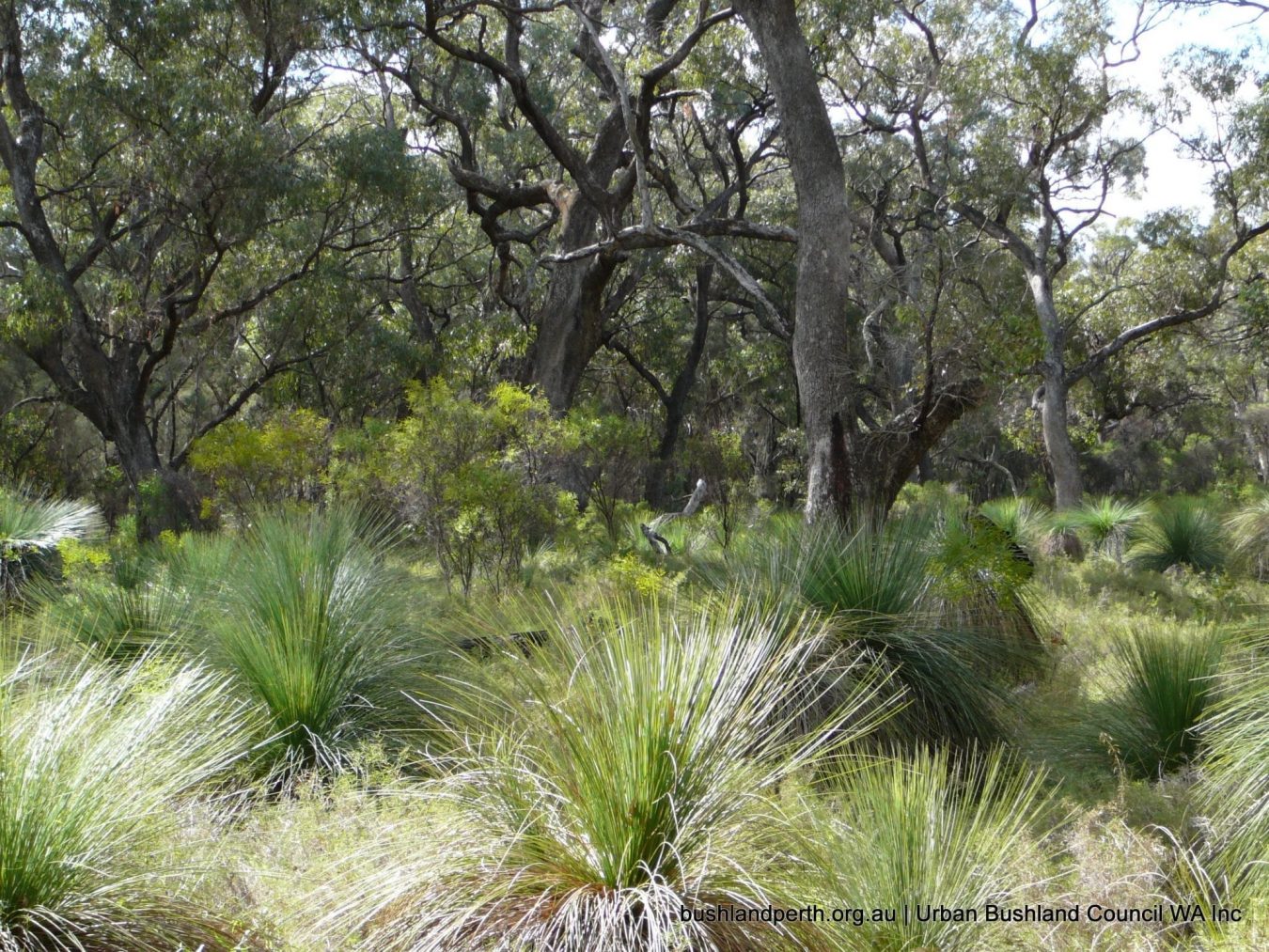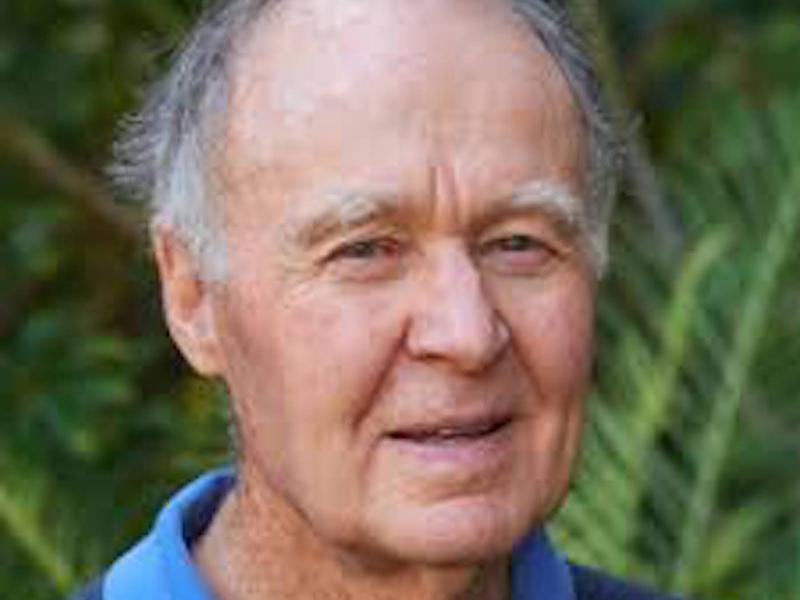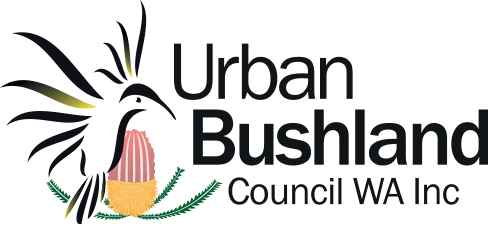Protecting our bushland
The Urban Bushland Council congratulates the Premier and State Government for the respect given to science during the Covid-19 pandemic. Now it is time to promote the science of climate change and its impacts on biodiversity to candidates in advance of the State election on 13th March.

We all know our bushland needs much more protection and on-ground management.
So, clearing of our unique bushland, patch by patch, here in the south west biodiversity hotspot must be halted.
Land clearing is an important climate change issue. But it is nowhere near adequately addressed in the Western Australian Climate Policy, released in November 2020. We believe that WA needs to shift from a net loss of vegetation cover to a net gain as a matter of urgency.
Advocate for your bushland
The best way to engage with politicians before the election is to invite them to visit your local bushland and show them the flora and fauna wonders. They can help to save our iconic Carnaby’s Cockies! Then explain on site the extra government funding needed to monitor flora and fauna, for bushcare, to properly control invasive species, and to improve fencing, signage, paths to make sites visitor friendly.
Also talk to them about UBC’s Science and Conservation Jobs Stimulus proposal. This would provide jobs and community benefits that could immeasurably protect the conservation estate.
For more advocacy ideas, read our Editorial in the latest Urban Bush Telegraph
ANNUAL GENERAL MEETING
Some places are still available for our AGM on Tuesday 2 March from 6 pm at 2 Delhi Street West Perth. All the details are here
Because of these Covid-19 times we have a capacity limit for this event and there are a few tickets left. You can RSVP on our event page by scrolling right to the bottom. You could also join online via Zoom. Please email [email protected] to ask for a Zoom link or to go onto the Wait list to attend in person.
 Our guest speaker will be Emeritus Professor Phil Jennings. Phil has a long and proud history of advocating for our biodiversity.
Our guest speaker will be Emeritus Professor Phil Jennings. Phil has a long and proud history of advocating for our biodiversity.
In 1985 he helped form the Wetlands Conservation Society. They began to campaign for the implementation of the System Six recommendations. They also advocated the establishment of the Regional Park system and the development of a conservation plan that later became Bush Forever.
Phil remains very active in the voluntary conservation movement.
“What’s happening to our environment?”
We are fortunate to live in a region of mega-biodiversity. It is one of only 35 biodiversity hotspots on our planet. For more than 50,000 years the Noongar nation successfully managed this precious ecosystem through major changes in the Earth’s climate.
However, since the arrival of the new settlers, nearly 200 years ago, irreversible damage has been done to our environment, due primarily to inappropriate planning and land use practices. The results of this mismanagement are now apparent in the form of salinization, weeds, feral animals, bush fires and plant diseases.
In recent years, some attempts have been made to address these problems. This talk will discuss the successes and failures of our response.
Photos: Tuart Woodland at Lake Cooloongup by John Baas. Featured image – Red Wattlebird by Geoffrey Groom
